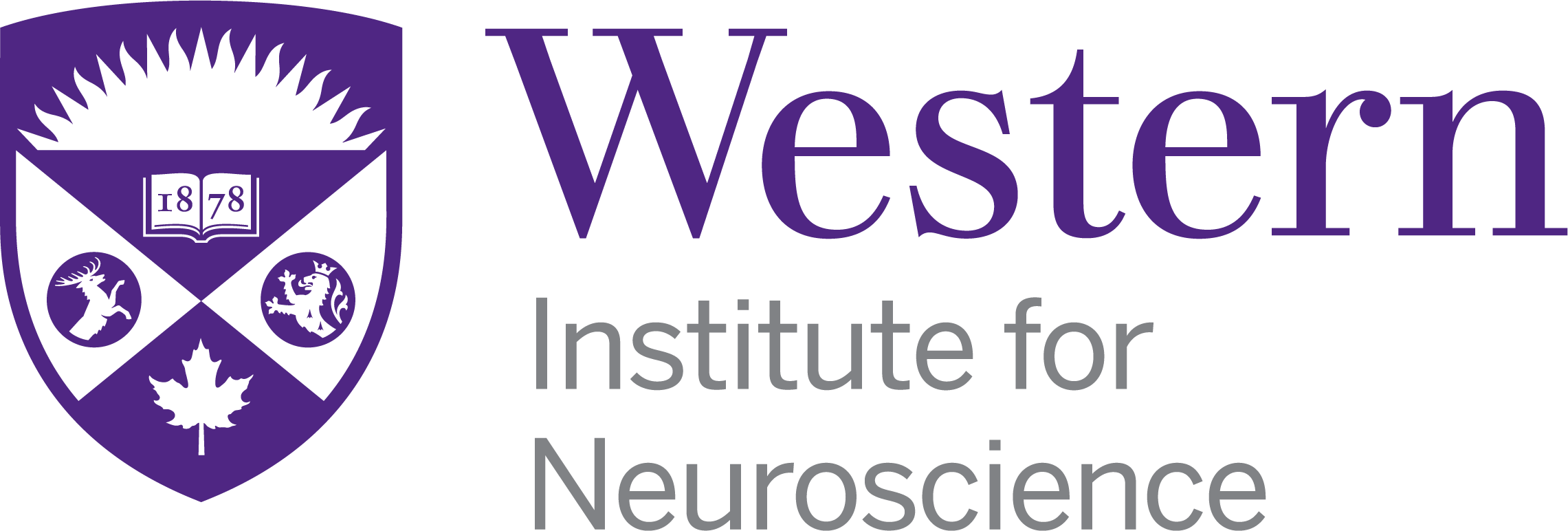Document Type
Article
Publication Date
1-1-2022
Journal
Cerebellum
URL with Digital Object Identifier
10.1007/s12311-022-01467-4
Abstract
The flocculus is a region of the vestibulocerebellum dedicated to the coordination of neck, head, and eye movements for optimal posture, balance, and orienting responses. Despite growing evidence of vestibular and oculomotor impairments in the aftermath of traumatic stress, little is known about the effects of chronic psychological trauma on vestibulocerebellar functioning. Here, we investigated alterations in functional connectivity of the flocculus at rest among individuals with post-traumatic stress disorder (PTSD) and its dissociative subtype (PTSD + DS) as compared to healthy controls. Forty-four healthy controls, 57 PTSD, and 32 PTSD + DS underwent 6-min resting-state MRI scans. Seed-based functional connectivity analyses using the right and left flocculi as seeds were performed. These analyses revealed that, as compared to controls, PTSD and PTSD + DS showed decreased resting-state functional connectivity of the left flocculus with cortical regions involved in bodily self-consciousness, including the temporo-parietal junction, the supramarginal and angular gyri, and the superior parietal lobule. Moreover, as compared to controls, the PTSD + DS group showed decreased functional connectivity of the left flocculus with the medial prefrontal cortex, the precuneus, and the mid/posterior cingulum, key regions of the default mode network. Critically, when comparing PTSD + DS to PTSD, we observed increased functional connectivity of the right flocculus with the right anterior hippocampus, a region affected frequently by early life trauma. Taken together, our findings point toward the crucial role of the flocculus in the neurocircuitry underlying a coherent and embodied self, which can be compromised in PTSD and PTSD + DS.



